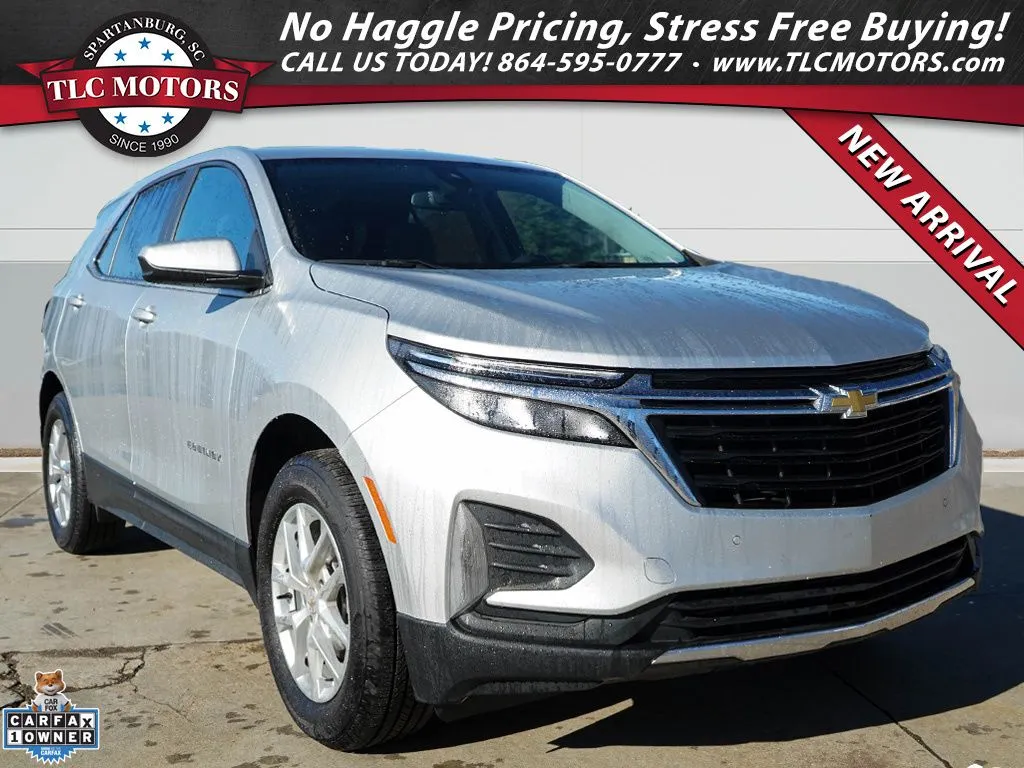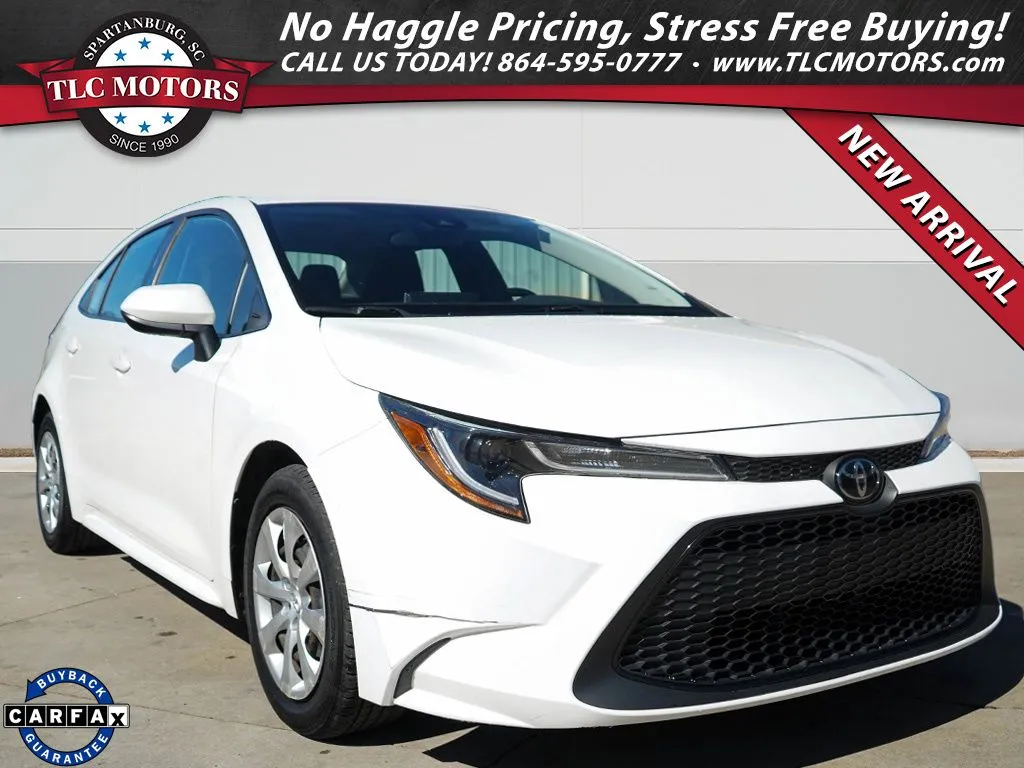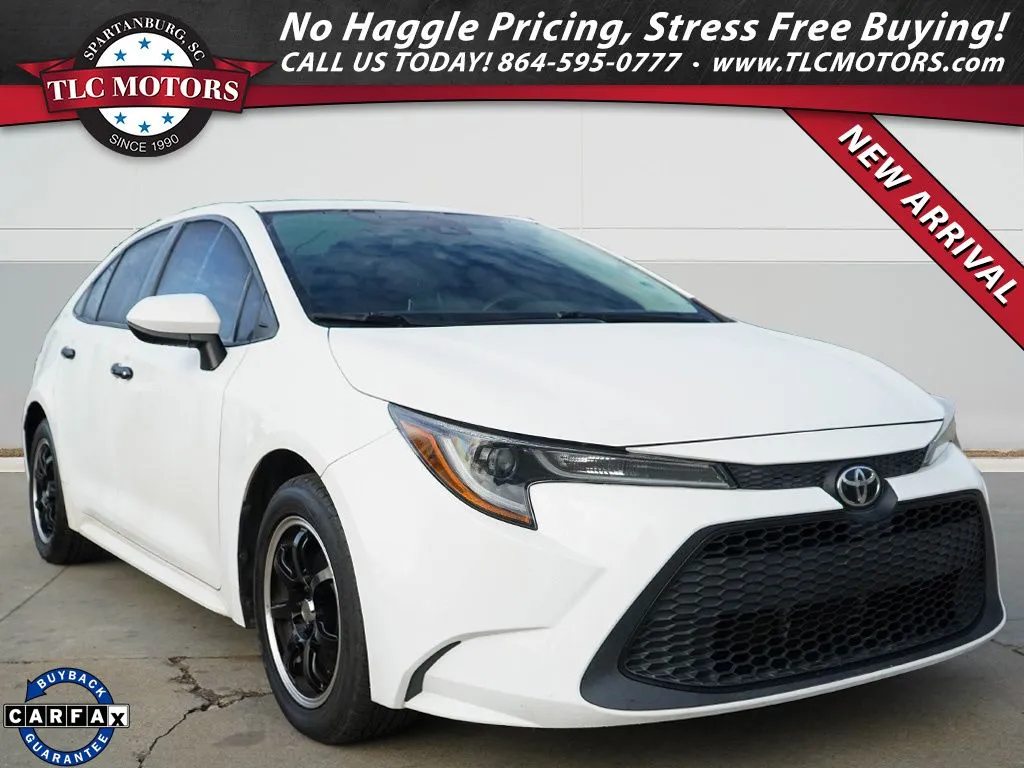Learn About Electric Vehicles (EV) And Their Impact On The Globe & The Auto Industry
Table of Contents
- The Rise of Electric Vehicles
- Manufacturing Impacts of EVs
- Environmental Concerns
- Mitigating Factors
- Environmental Benefits of EVs
- Emission Reduction
- Energy Efficiency
- The Challenges and Limitations
- Range Anxiety
- Cost Considerations
- EVs vs. Hybrids
- Comparing Technologies
- Emissions and Efficiency
- The EV Market: Top Makes and Models
- Luxury Market
- Mainstream and Affordable EVs
- Future Prospects

Electric vehicles (EVs) have emerged as a crucial component in the global shift towards sustainable transportation. This article dive into the world of EVs, including their manufacturing impacts, environmental benefits and drawbacks, comparison with hybrid vehicles, and an overview of different makes and models.
The Rise of Electric Vehicles
Electric vehicles represent a significant innovation in automotive technology, primarily driven by the need to reduce greenhouse gas emissions and dependence on fossil fuels. The basic principle of an EV is simple: it uses electric motors and battery power for propulsion, eliminating the need for traditional internal gas combustion engines.
Manufacturing Impacts of EVs
Environmental Concerns
- Resource Extraction: The production of EV batteries involves mining for lithium, cobalt, and nickel. These processes can have significant environmental impacts, including habitat destruction, water pollution, social and economic issues..
- Energy-Intensive Manufacturing: The overall process of manufacturing an EV, particularly the battery, consumes more energy than producing a conventional vehicle. This can lead to higher emissions depending on the energy sources used. It takes on average 7 of driving an EV to recoup the negative impact on the environment the manufacturing causes.
- Electric vehicles need energy to charge their batteries. Where does this energy come from? It usually comes from more environmentally harmful forms of energy production such as coal, gas, and nuclear. These forms of energy can be more devastating to the environment than producing fossil fuels.
Mitigating Factors
- Advances in Battery Technology: Manufacturers are constantly improving battery efficiency and lifespan, which can offset some of the initial environmental costs.
- Recycling Programs: Efforts to recycle EV batteries can significantly reduce the environmental impact associated with their production.
Environmental Benefits of EVs
Emission Reduction
- Zero Tailpipe Emissions: EVs produce no direct emissions, which can help to reduce air pollution, particularly in urban areas.
Energy Efficiency
- Renewable Energy Integration: EVs can be charged using renewable energy sources like solar or wind power, further reducing their carbon footprint, but most are not.
The Challenges and Limitations
Range Anxiety
- Limited Range: Some consumers are concerned about the limited range of EVs and the availability of charging stations. We are seeing many more charging stations pop up in areas.
Cost Considerations
- Higher Initial Costs: EVs can be more expensive upfront compared to traditional vehicles, although this is changing as technology advances and production scales up.
EVs vs. Hybrids
Comparing Technologies
- Hybrids as a Stepping Stone: Hybrid vehicles, which combine an internal combustion engine with an electric motor, offer a compromise between conventional cars and EVs. They provide better fuel efficiency than traditional cars but still rely on gasoline.
Emissions and Efficiency
- Hybrids’ Emissions: Hybrids emit fewer pollutants than conventional vehicles.
The EV Market: Top Makes and Models
Luxury Market
- Tesla: A leader in the luxury EV market, known for its high-performance models like the Model S and Model X.
- Audi e-Tron and Jaguar I-PACE: These models represent the entry of established luxury brands into the EV space.
Mainstream and Affordable EVs
- Nissan Leaf: One of the best-selling EVs globally, known for its affordability.
- Chevrolet Bolt and Hyundai Kona Electric: These models are popular for their balance of range, features, and price.
Future Prospects
- Upcoming Models: Major manufacturers like Ford, Volkswagen, and Mercedes-Benz have announced plans to expand their EV lineups, indicating a growing market diversity.
Electric vehicles are at the forefront of the automotive industry's transformation. While there are challenges in terms of manufacturing impacts and consumer adoption hurdles like range anxiety and cost, the benefits they offer in terms of reduced emissions and potential for integration with renewable energy are substantial. The market is rapidly evolving, with a growing range of models catering to different needs and preferences, from high-end luxury EVs to more accessible mainstream options. As technology continues to advance and infrastructure expands, EVs are poised to play an increasingly dominant role in shaping the future of transportation.
TLC Motors of Spartanburg, SC is your top Upstate dealership for hybrid vehicles. We have a number of hybrid vehicles on our lot. Come in and test drive your new hybrid today!










